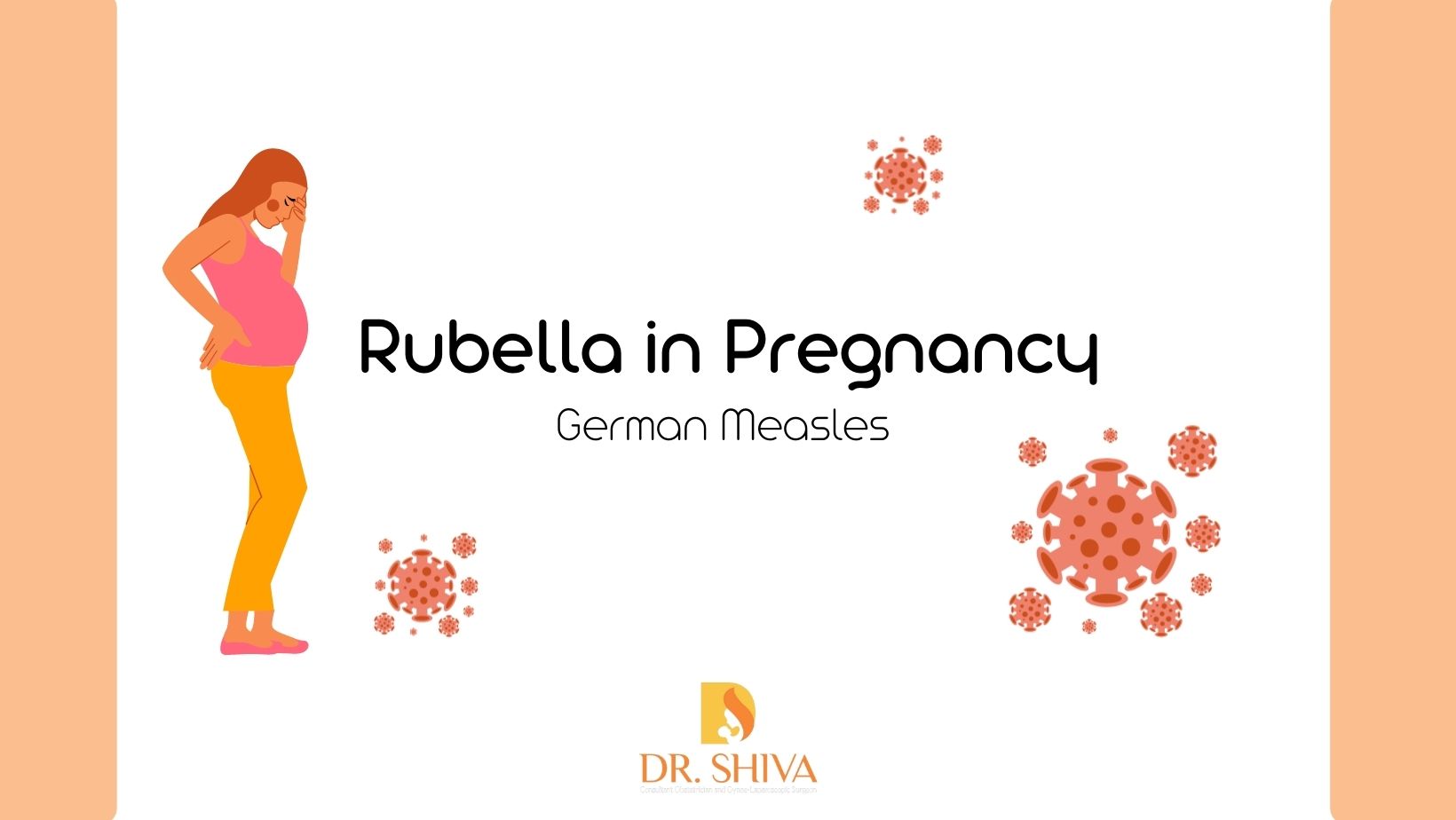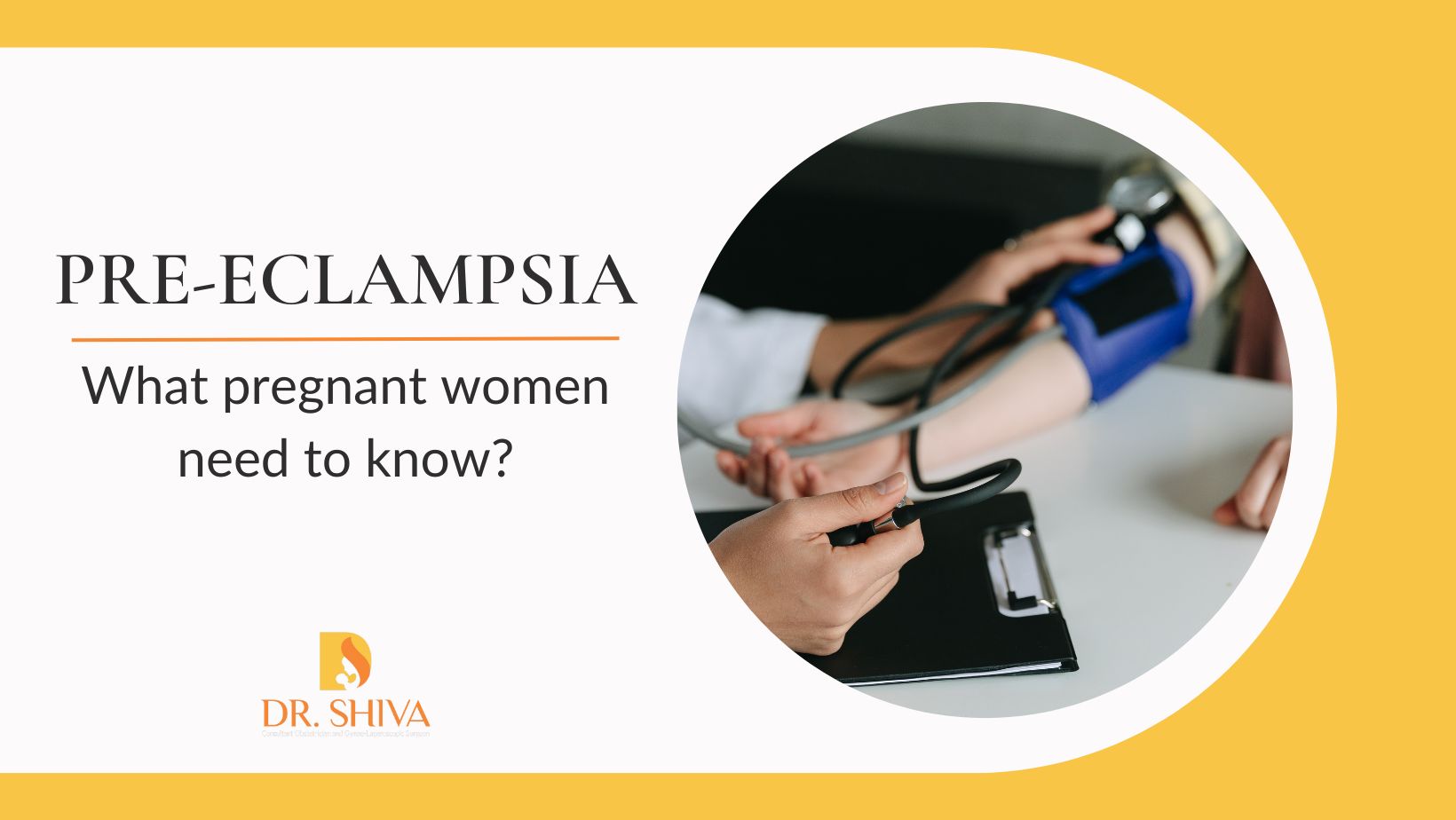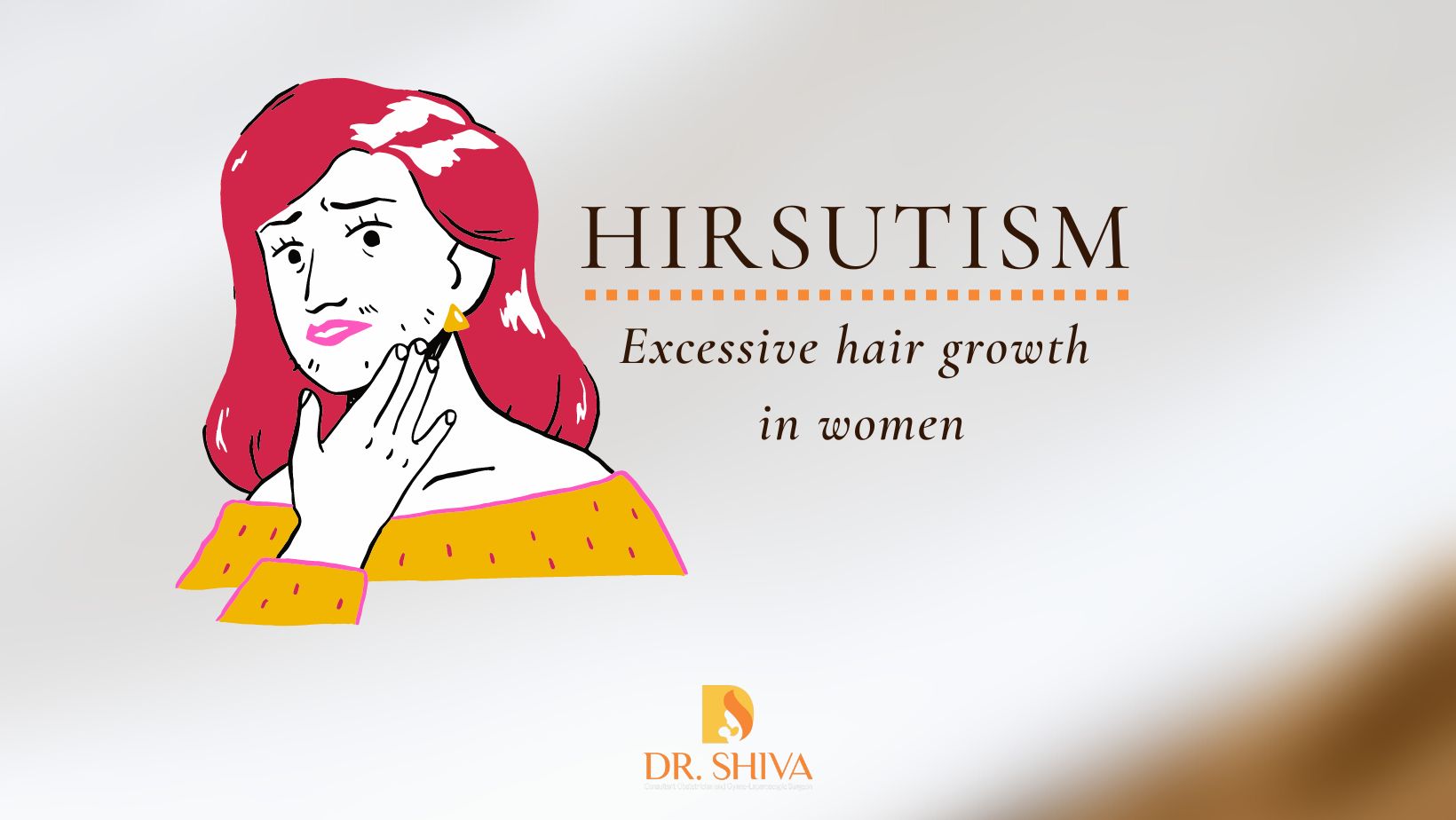
Rubella, or German measles, is a viral infection that can cause serious complications for pregnant women and their developing babies. It is highly contagious, and spreads through the air via coughs and sneezes. Most severe damage due to rubella virus occurs when if mother has contracted it during the first trimester.
Congenital Rubella Syndrome
This is a serious condition that occurs to the developing baby when the mother contracts the infection during pregnancy. There is risk of stillbirth or miscarriage. The baby may also develop serious birth defects such as-
- heart defect
- intellectual disability
- cataracts
- deafness
- Lung inflammation
- Brain damage
- Damage to liver and spleen
- Hormone or thyroid issues
- Skin rash
There is no proper cure if the baby gets affected, it is always best to get vaccinated before getting pregnant.
Symptoms of having rubella:
Rubella is often mild and may go unnoticed. The symptoms in adults include:
- Slight rise in body temp, fever
- A red rash that generally starts on the face and rapidly spreads to other parts of the body.
- Headache
- Runny nose
- Itchy or red eyes
- Swollen lymph nodes
A person infected with the rubella virus is contagious for about one week before the rash appears and one week after the rash disappears. An infected person can transmit the disease before realizing it.
Causes:
German measles is caused by a virus that spreads through coughs and sneezes. Pregnant women who have not been vaccinated or who have not had rubella in the past are at high risk of contracting rubella. It is important to note that rubella is highly contagious, and a pregnant woman can easily contract it from an infected person.
Treatment:
There is no specific treatment for rubella, however the symptoms can be controlled with over-the-counter fever and pain relievers. Pregnant women who contract it should be closely monitored by their doctor to make sure that their unborn child is not effected.
Prevention:
The best way to prevent rubella during pregnancy is to get vaccinated before becoming pregnant. The rubella vaccine is safe and effective and can be given to non-pregnant women who are not already immune. Those who intend to become pregnant should consult their doctor to see if they need to be vaccinated. Women who are pregnant should avoid contact with people who have German measles and should contact their healthcare provider immediately if they suspect they have been exposed.
Rubella is currently rare in most countries as most have been vaccinated but in some places, it is still active. So please do research if you are planning to go abroad when pregnant.
When getting vaccinated make sure your do not get pregnant in the first four weeks. Pregnant women will not be given MMR vaccine and they will need to wait to complete their pregnancy if the need to get vaccinated



Recent Comments